Cyber
Beginner
The Red Web: The Struggle Between Russia’s Digital Dictators and the New Online Revolutionaries
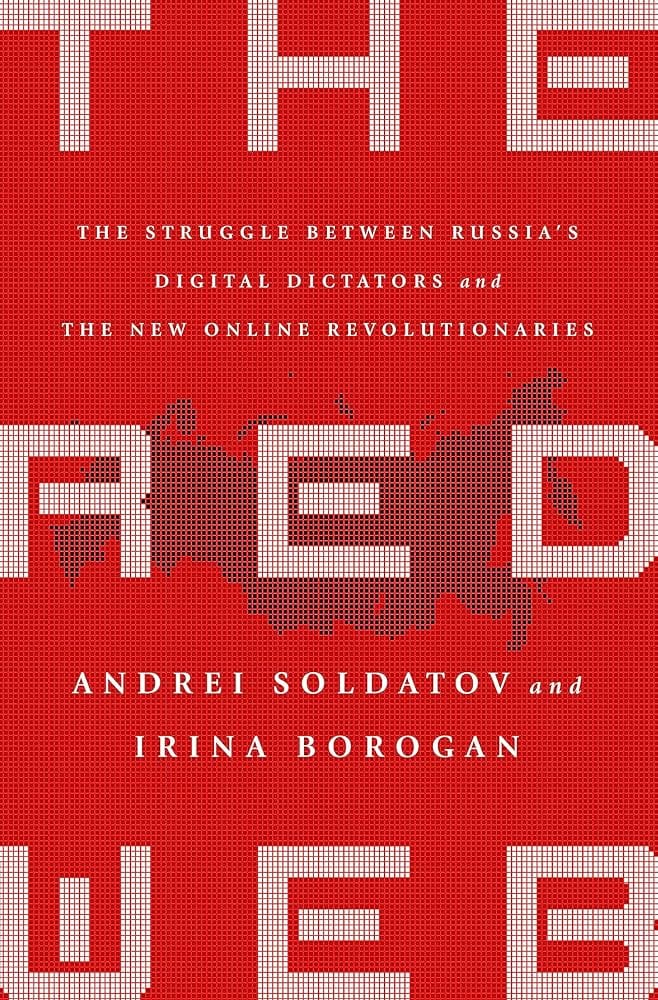
The Red Web explores Russia’s extensive efforts to control and manipulate the internet, from Soviet-era surveillance systems to modern cyber policies under Vladimir Putin. It provides a detailed account of how the Russian government monitors online activity, censors content, and uses digital tools for propaganda and cyber warfare.
The authors explain technical concepts in a clear and accessible way, while also providing historical context to help readers understand how Russia’s digital policies evolved. It's not a very technical book, at all, but it helps with understanding how the Russian state approaches the Internet.
Spam Nation: The Inside Story of Organized Cybercrime—from Global Epidemic to Your Front Door
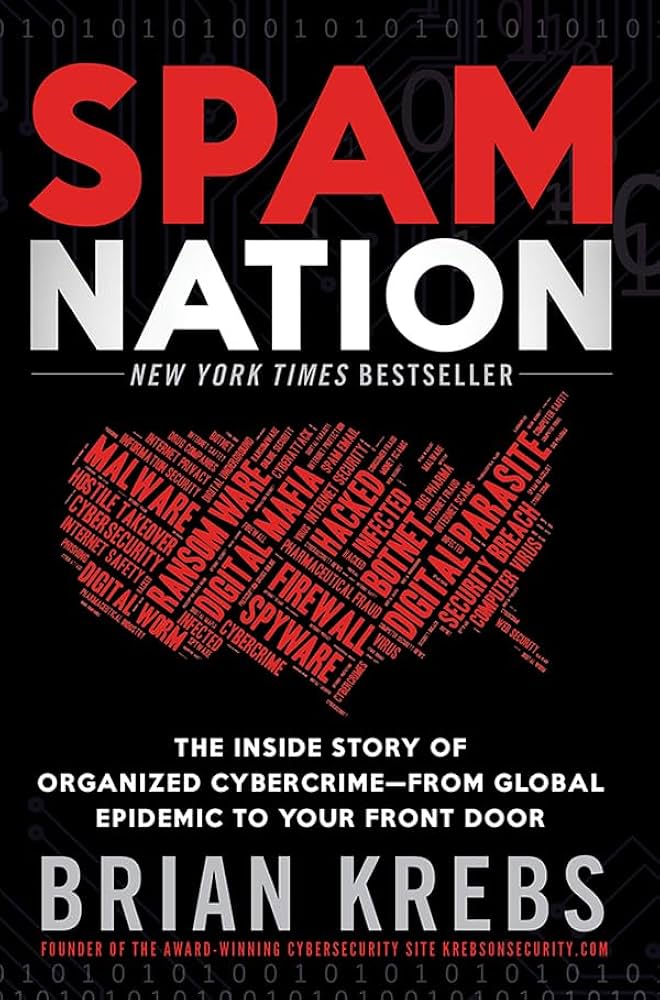
This book looks at the world of cybercriminals behind the global spam epidemic. Brian Krebs tracks down Russian and Eastern European cyber criminals responsible for email spam, fake pharmaceuticals, and identity theft. It uses firsthand accounts, interviews with law enforcement, and traditional research to highlight the multiple factors that facilitate cybercrime in (mostly) Eastern Europe.
DarkMarket: How Hackers Became the New Mafia
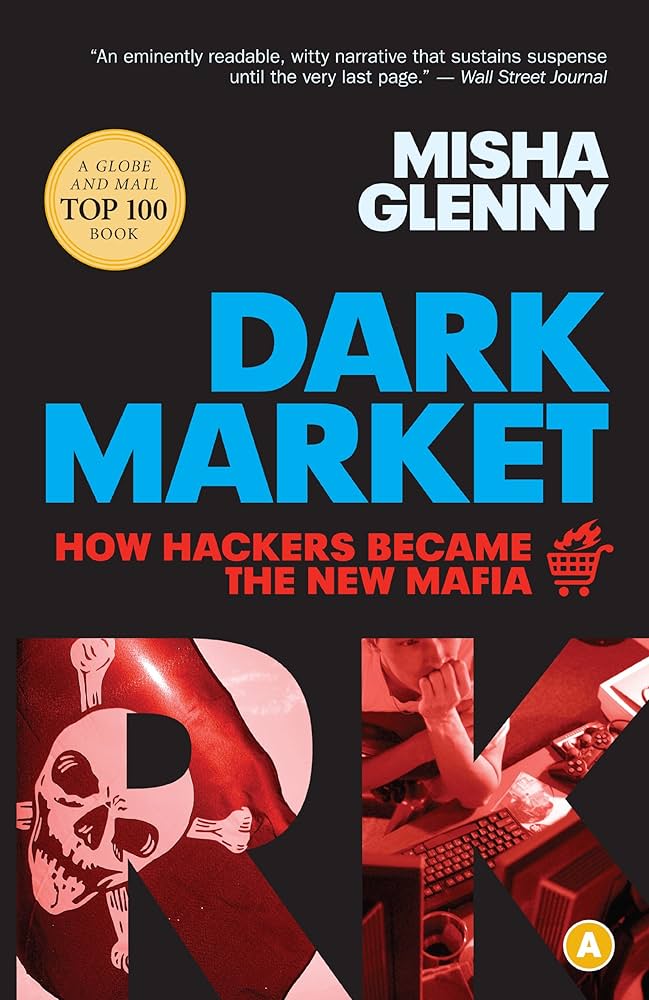
Misha Glenny investigates underground online marketplaces where cybercriminals buy and sell stolen data, malware, and illicit services. He follows the rise of major cybercriminals, law enforcement efforts to dismantle these networks, and the growing role of hackers in organized crime.
I don't personally agree with the claim that hackers have become the new mafia for various reasons, but this book is an accessible introduction to the "digital underworld" nonetheless.
Sandworm: A New Era of Cyberwar and the Hunt for the Kremlin’s Most Dangerous Hackers
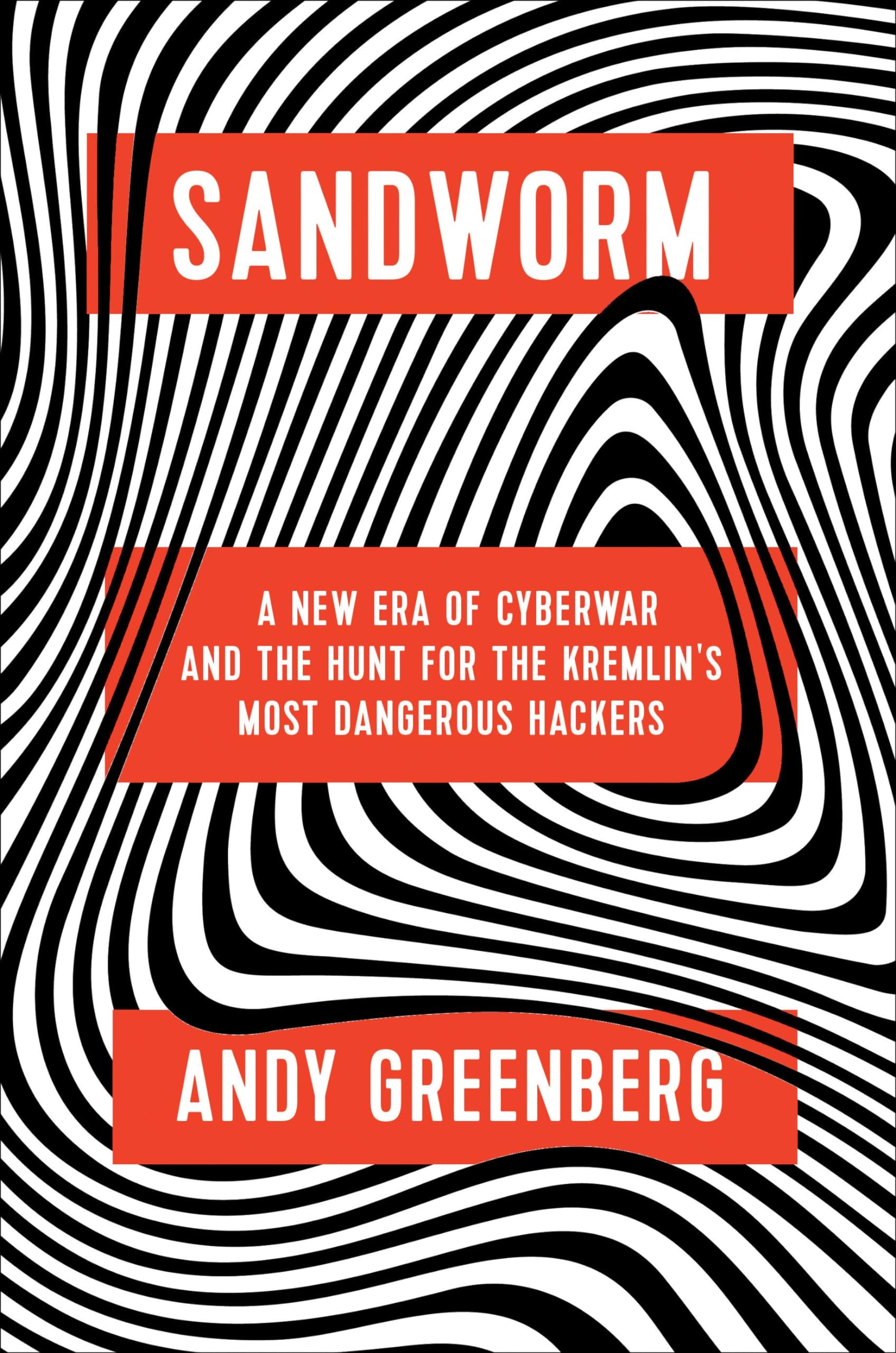
This book tells the story of a Russian hacker group responsible for some of the most destructive cyberattacks in history. Andy Greenberg investigates how "Sandworm" launched cyberattacks against Ukraine, the U.S., and global institutions. He details how cyberwarfare has become a powerful tool for state actors, with real-world consequences for infrastructure, security, and geopolitics.
This book has, for obvious reasons, a focus on Russia. But beside that it's an introduction how cybersecurity has become ever more important in a geopolitical context.
Intermediate
Please note: Most of the books in this section do not specifically focus on Russia, but deal with conflict "in cyberspace" more generally. However, all of them do include examples, chapters or parts about Russia.
The Perfect Weapon: War, Sabotage, and Fear in the Cyber Age
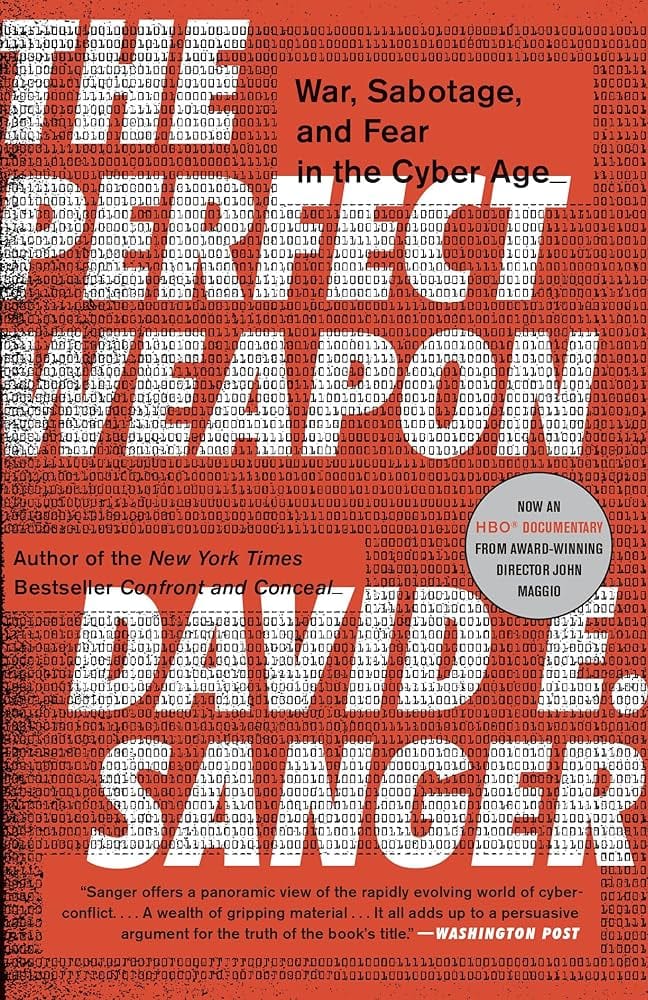
This book investigates how the U.S., Russia, China, Iran, and North Korea use cyber tools to conduct espionage, sabotage, and political interference. He examines high-profile cyberattacks, including Russian election interference, Iranian cyber strikes, and the U.S.-Israeli Stuxnet operation against Iran’s nuclear program. David E. Sanger also highlights how cyber warfare has reshaped global security, making traditional military strategies increasingly outdated.
The book doesn't necessarily require any prerequisite knowledge, but you can get much more out of it if you have at least a foundational understanding of global security and geopolitics - this will help in appreciating how the book connects cyber operations to these broader struggles.
Bytes, Bombs, and Spies: The Strategic Dimensions of Offensive Cyber Operations
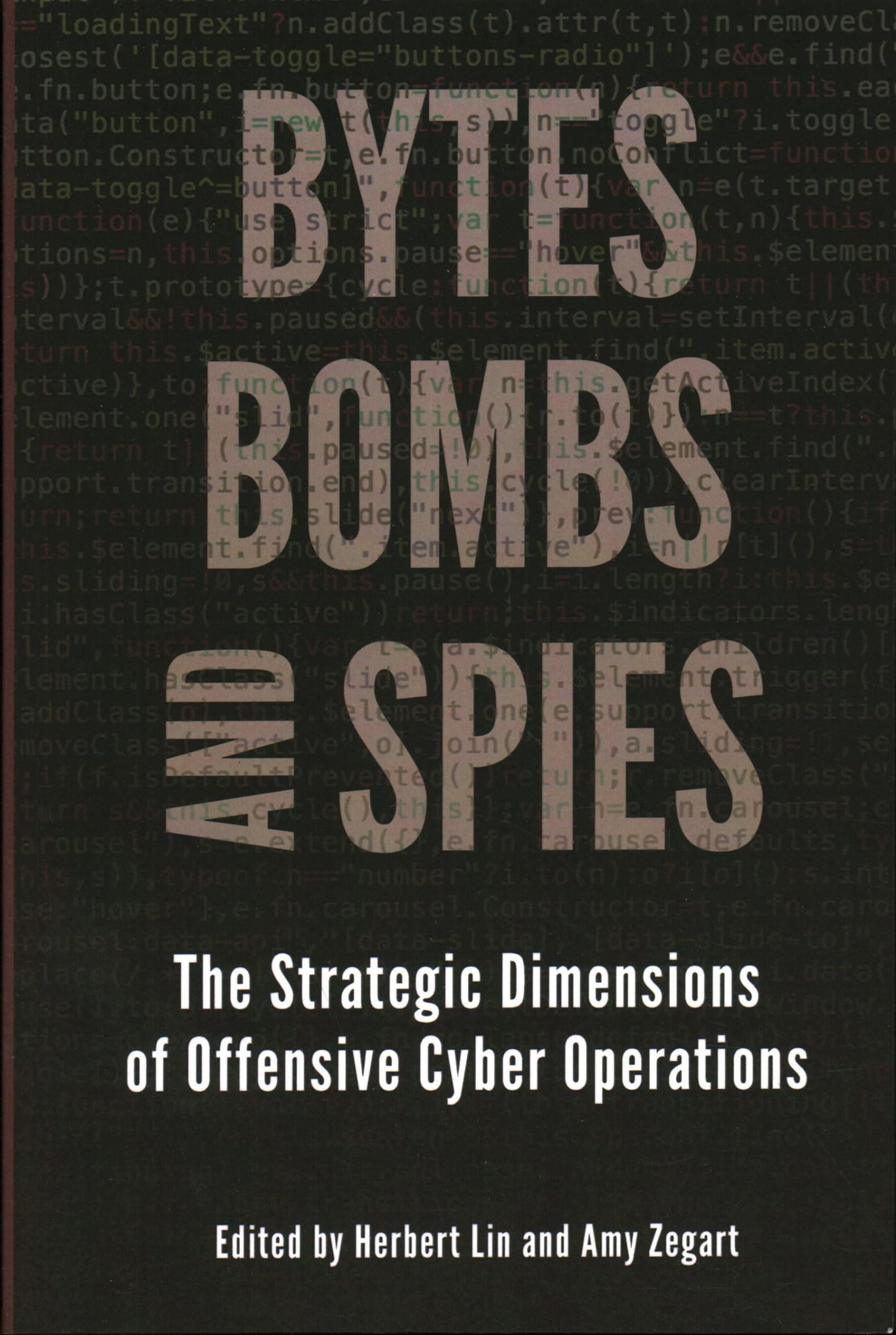
Bytes, Bombs, and Spies combines input by both cybersecurity and "traditional" defense experts to analyze the strategic implications of cyber operations. The book covers cyber deterrence, offensive cyber capabilities, legal frameworks, and national security considerations. It explores how cyber tools fit into military strategy and intelligence operations, offering a broader perspective on cyber warfare’s role in international relations.
You should, ideally, not read this book without a solid understanding of the basics of cybersecurity, military strategy and geopolitics. It's a much more in-depth approach to understanding cyber warfare beyond a surface-level.
Cyber War versus Cyber Realities: Cyber Conflict in the International System
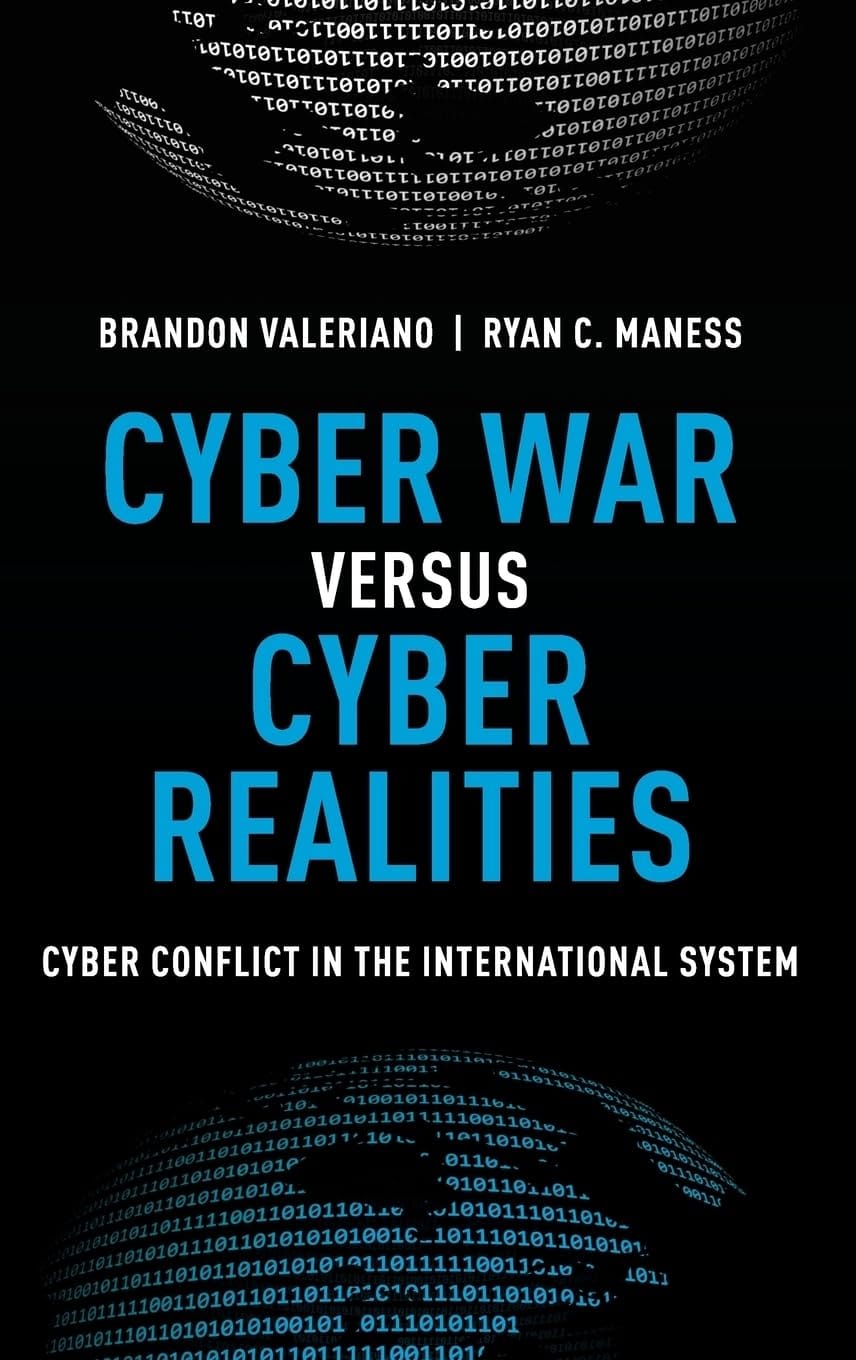
This book challenges common assumptions (which are especially popular in media coverage) about cyber warfare, arguing that most cyber conflicts are limited in scope and impact. Brandon Valeriano uses empirical data and case studies to analyze cyberattacks by states and non-state actors, assessing their effectiveness and strategic significance. The book contrasts popular narratives of catastrophic cyber wars with a more measured reality, emphasizing cyber operations as tools of coercion rather than outright warfare.
Being comparatively data heavy it's a bit of an outlier when it comes to books about "the big cyber". It's generally quite academic in its approach to cybersecurity, with all the benefits and drawbacks that entails.
Inside Cyber Warfare
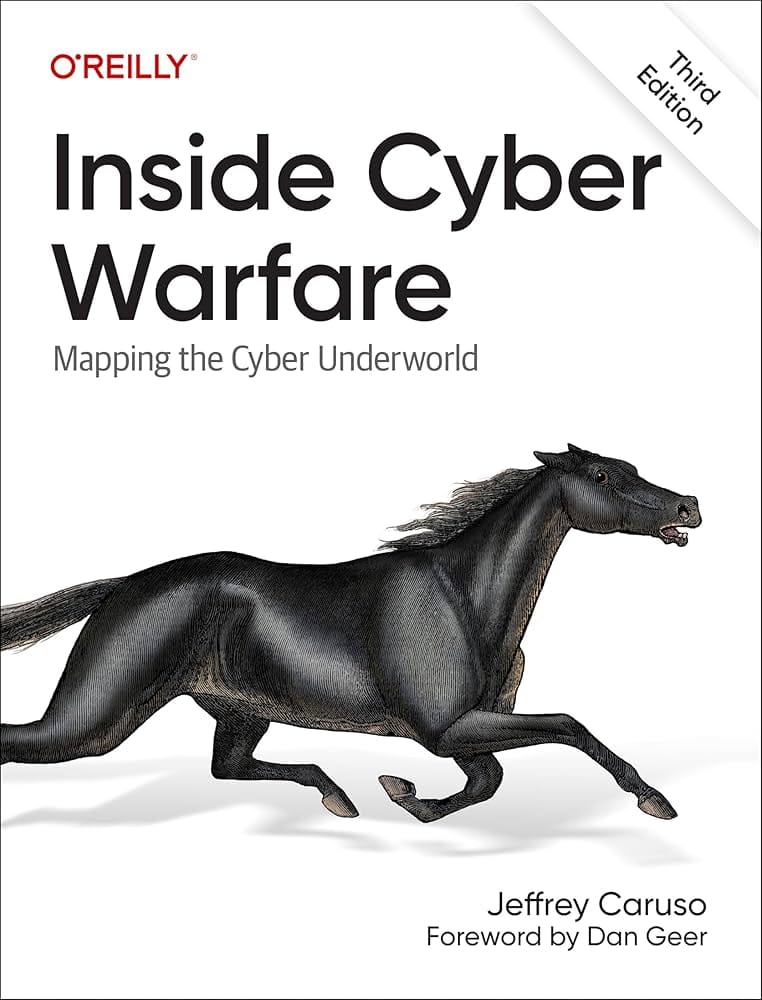
Inside Cyber Warfare provides a deep dive into the tactics, tools, and strategies used in cyber conflicts. Jeffrey Caruso examines state-sponsored hacking, cyber espionage, and digital sabotage, offering insights into how cyber warfare is conducted at both tactical and strategic levels. The book also discusses cyber defenses, legal frameworks, and emerging threats in cyberspace.
This book combines technical explanations with geopolitical analysis. I have yet to find another book that's better at explaining how "cyber warfare" works. While it's not a technical book, if you don't have any technical background (cybersecurity or more general IT) then you are likely going to faces some challenges.
Russian Cyber Operations: Coding the Boundaries of Conflict
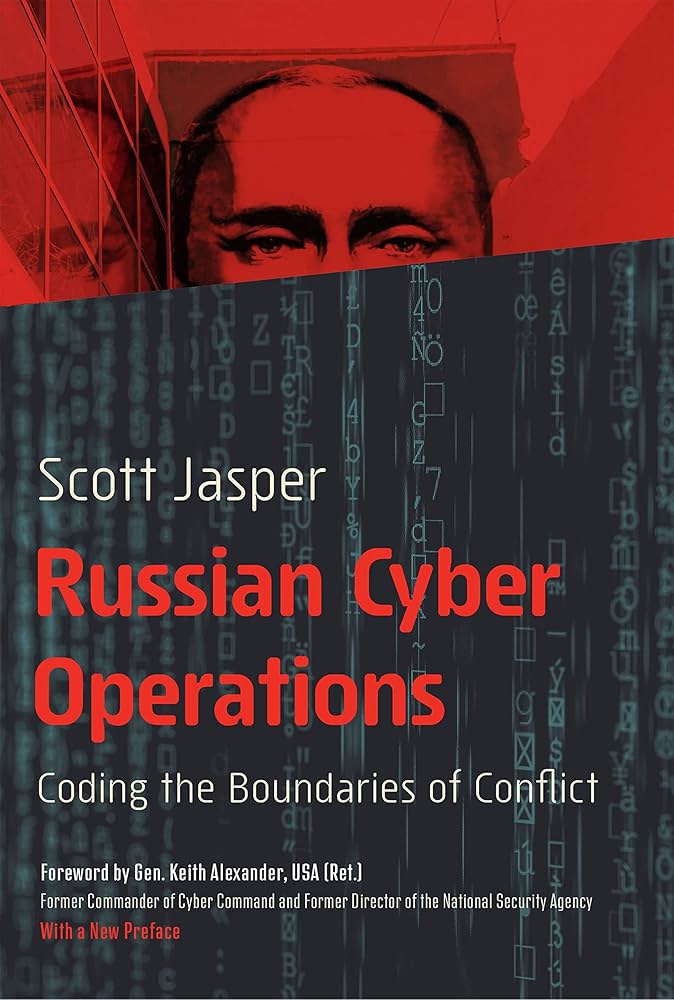
This book provides a comprehensive analysis of Russia’s cyber strategy, including its use of cyber tools for political influence, military operations, and economic disruption. It examines Russia’s cyber doctrines, case studies of major cyberattacks, and how these operations fit into broader geopolitical conflicts. Scott Jasper also explores potential strategies for countering Russian cyber threats, making the book both analytical and policy-focused.
You're unlikely, for the time being, to find a better book that analyzes Russian cyber operations. Many of the things the author talks about can be applied to other actors / other countries as well. However you're going to miss a lot of the nuances and connections if you don't have a solid grasp of how Russia tends to operate in the intelligence space.
Advanced
Russian Information Warfare: Assault on Democracies in the Digital Age
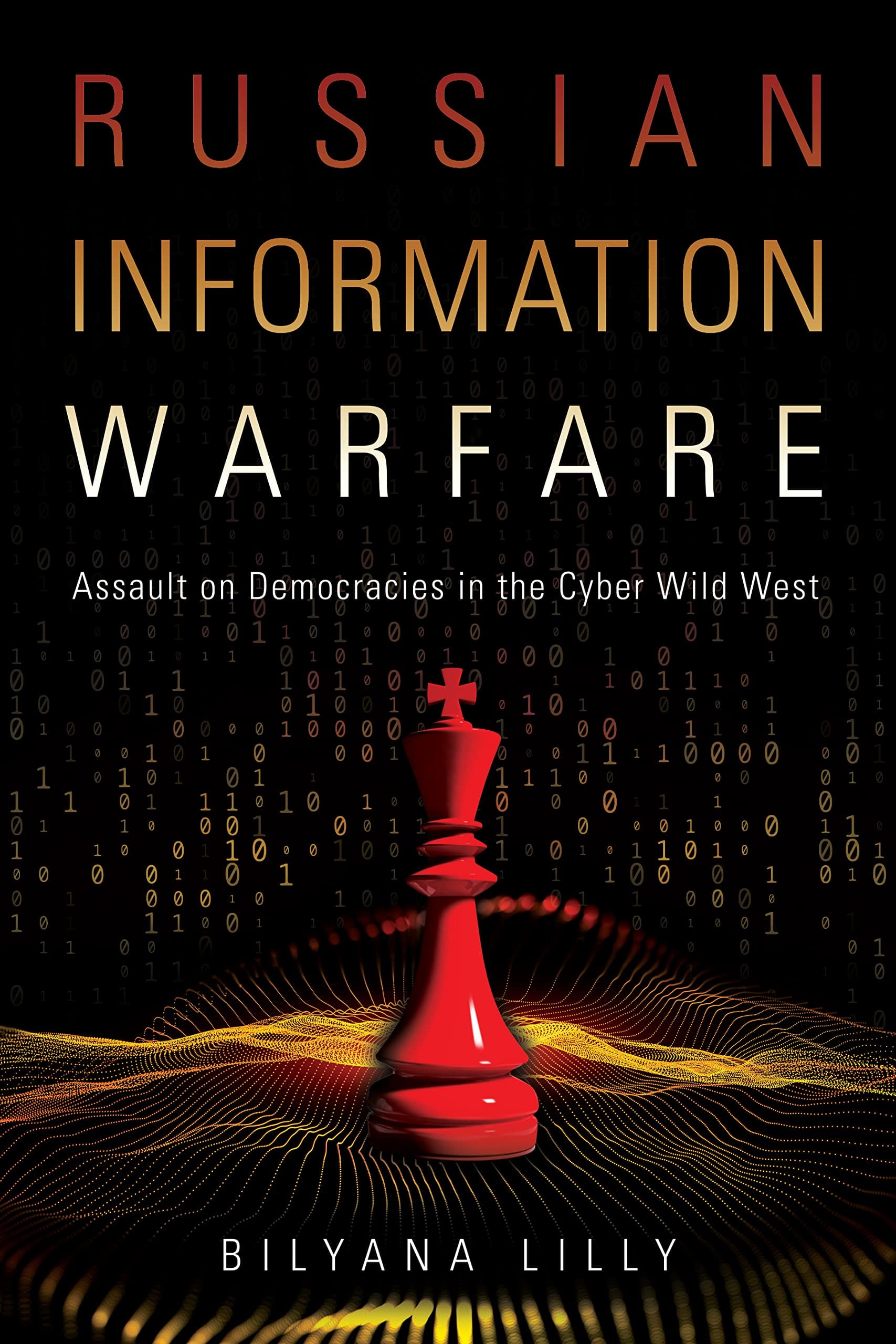
This book isn't primarily about offensive computer network operations, but includes a lot of information about how they are a vital part of information warfare. Drawing from Russian military doctrine, government documents, and case studies, the book offers insights into the tactics used by Russian intelligence agencies and cyber units.
Russian ‘Hybrid Warfare’: Resurgence and Politicization

This book examines the evolution of hybrid warfare as a concept, tracing its origins from Soviet-era doctrines to contemporary geopolitical conflicts.
Ofer Fridman contrasts Western and Russian interpretations of hybrid warfare, offering a theoretical and practical framework for understanding how Russia blends conventional military force with cyber operations, political subversion, and information warfare. As his other books this one is incredibly good, but also a challenging read.
Strategic Cyber Deterrence: The Active Cyber Defense Option
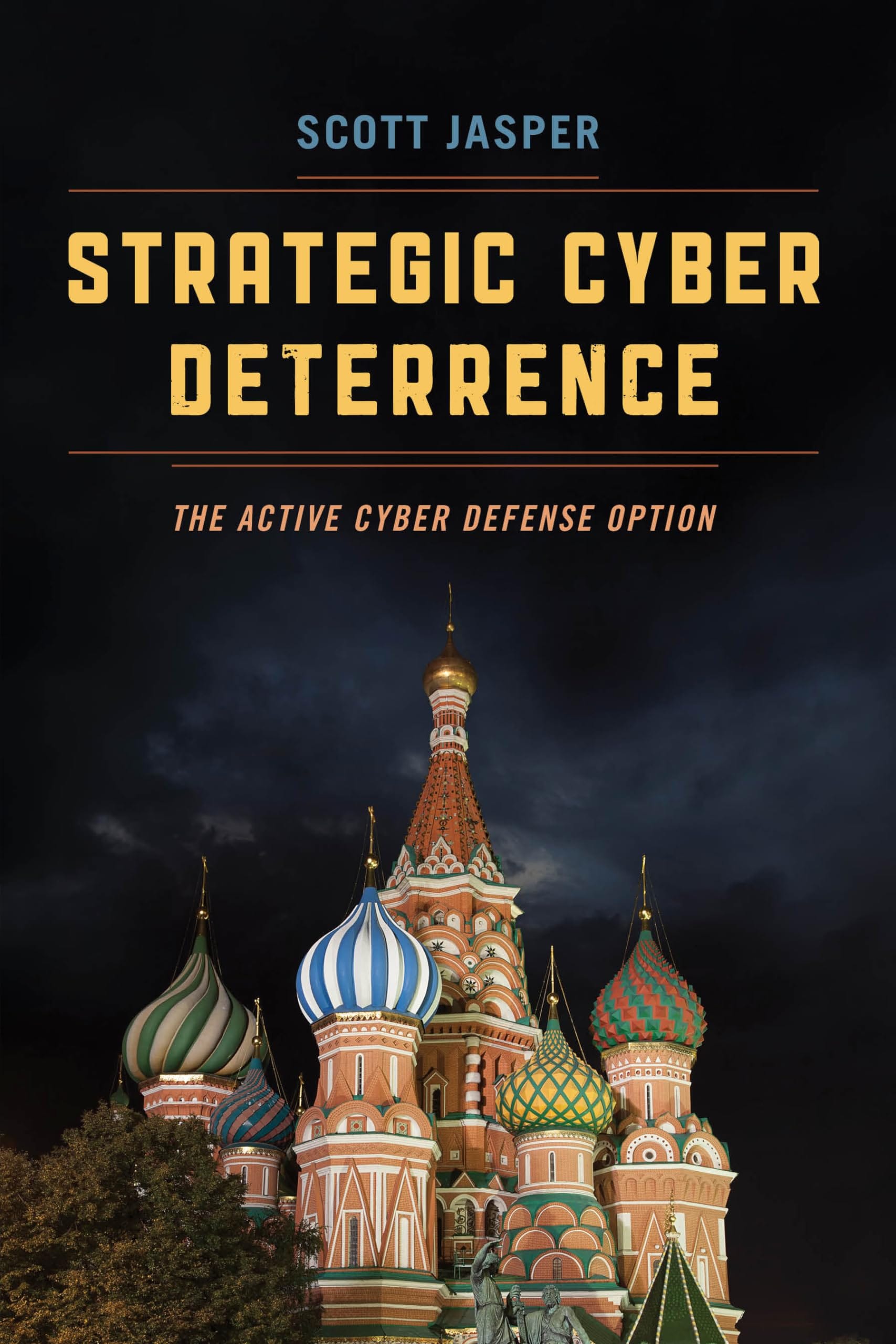
Strategic Cyber Deterrence explores how cyber deterrence strategies can be applied to modern warfare and national security. Scott Jasper analyzes how states, particularly the U.S. and its adversaries (Russia, China, North Korea, and Iran), use cyber operations for strategic advantage. He evaluates current deterrence models and proposes policy recommendations for improving cybersecurity resilience - which can be helpful in understanding and analyzing Russian behavior in cyberspace.
Cyber Persistence Theory: Redefining National Security in Cyberspace
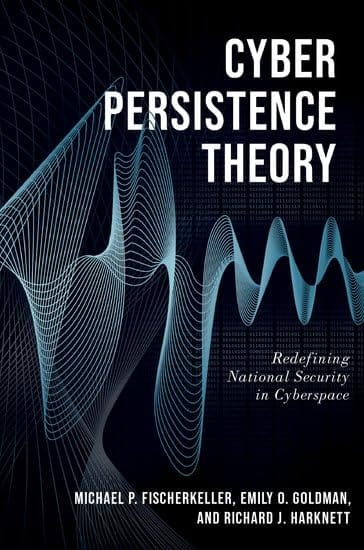
This book presents a new framework for understanding cyber conflict, arguing that traditional deterrence models are insufficient in the cyber domain. The authors introduce the concept of “persistence,” where cyber operations are continuous, proactive, and integrated into broader military strategies. They explore how nations engage in low-level cyber conflict without escalating to full-scale war, in exactly the way how Russia has been engaging the West for more than a decade now.
Being highly theoretical and academic it requires a solid understanding of existing theories / paradigms on cyber warfare as well as knowledge of things like deterrence theory and military doctrines. I'm not going to lie, this isn't for the faint=hearted.
Semi-State Actors in Cybersecurity
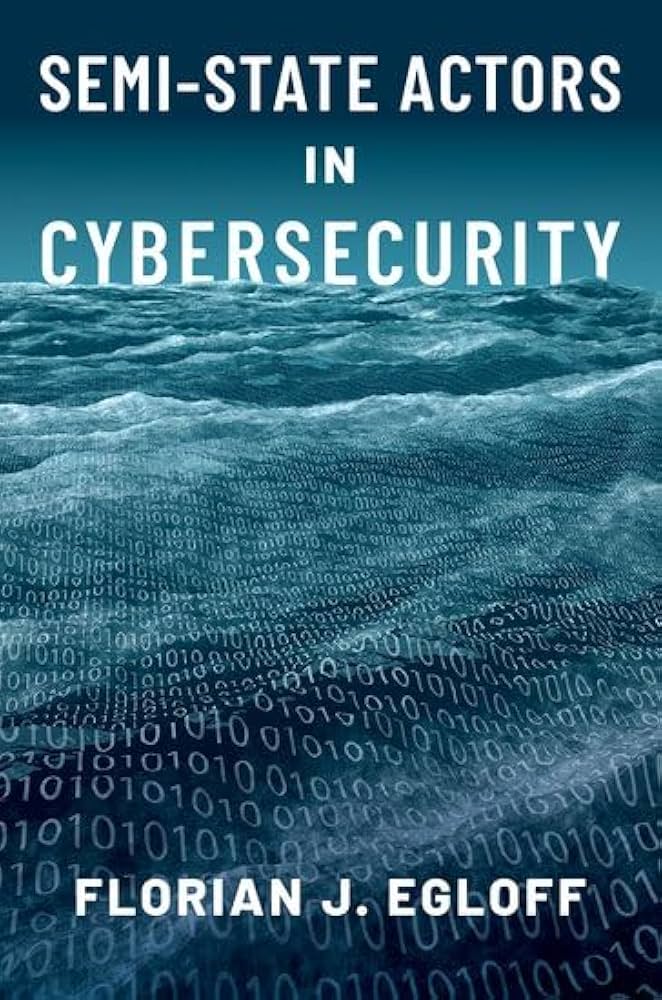
Florian J. Egloff explores how non-state actors influence national security, cyber warfare, and global stability. The book provides case studies of cyber operations where states and semi-state entities collaborate or clash, blurring the lines between government and private cyber capabilities. The book integrates political theory, cyber strategy, and historical case studies, making it highly specialized.
It's one of those books that can support a more thorough understanding of Russian behavior in cyberspace, but at the cost of being not very accessible and engaging.
Cyber Mercenaries: The State, Hackers, and Power

Cyber Mercenaries investigates the increasing role of private hackers and cyber contractors in state-sponsored cyber operations. Tim Maurer examines how governments outsource cyber attacks to private entities, analyzing the legal, ethical, and strategic implications of this trend. The book explores case studies from Russia, China, Iran, and the U.S. to highlight how cyber mercenaries operate in modern conflicts. It's great at highlighting the differences between how various states approach non-state actors in cyberspace.